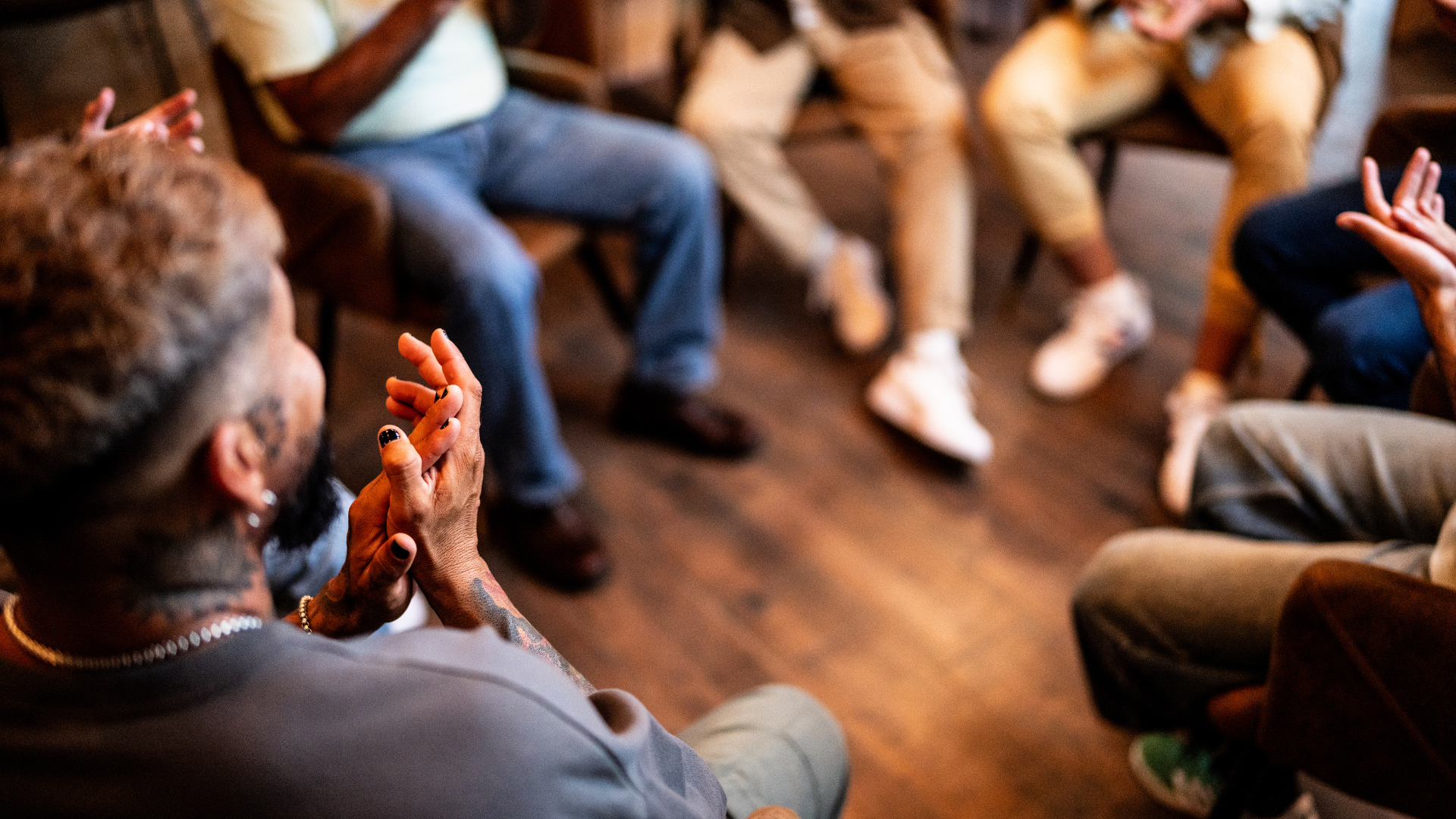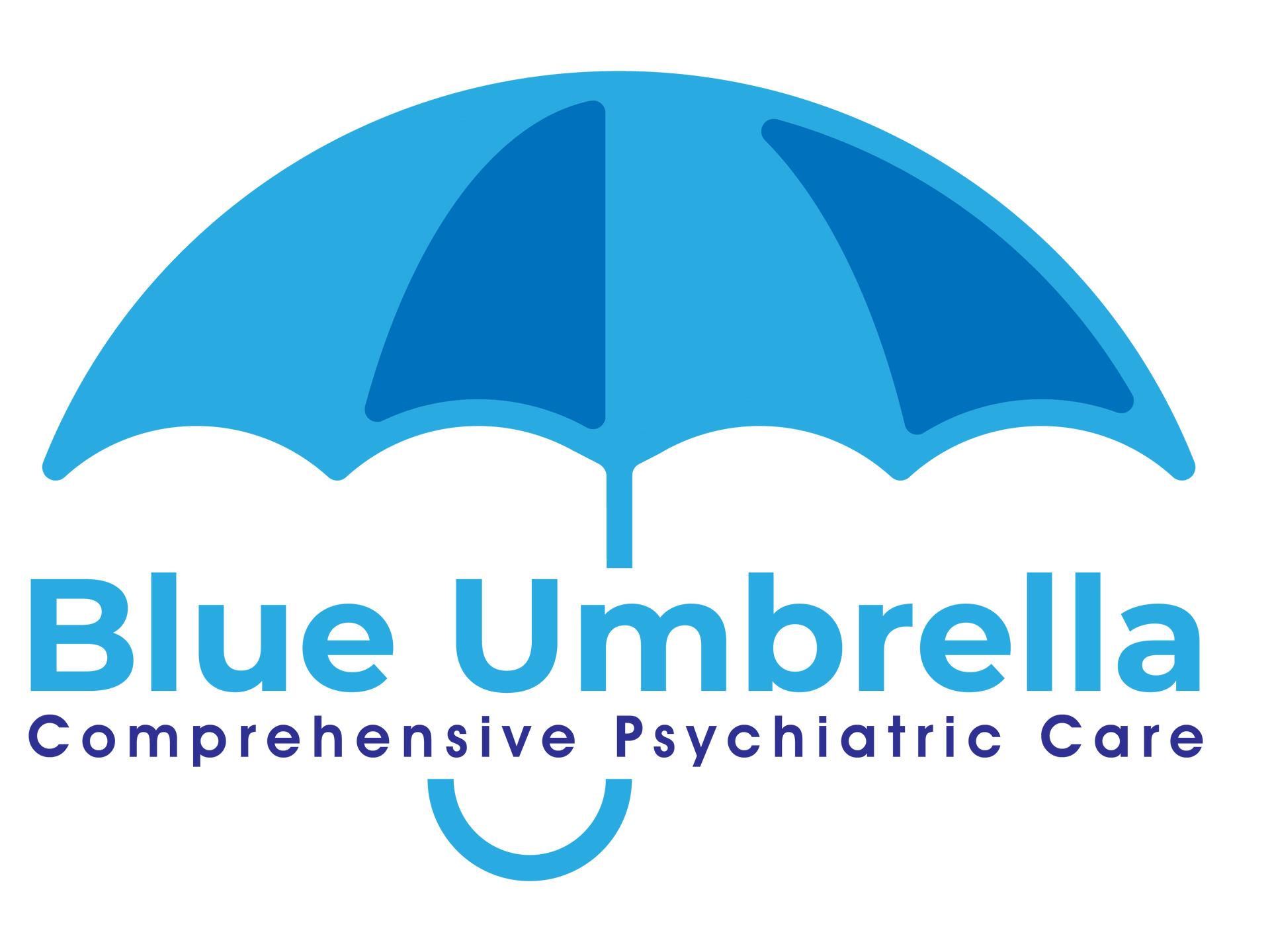Understanding and Managing Anxiety: Causes, Symptoms, and Treatment Options
Life is most certainly stressful. Anxiety weighs down the shoulders of many and rids individuals of the ability to enjoy life to its fullest extent and for all it has to offer. Statistically, 30% of Americans suffer from anxiety disorder at some point in their lives. Those without an anxiety disorder can typically manage their way through periods of heightened anxiety. However, when these feelings become overwhelming or fears interfere with daily activities, it may be the right time to seek medical support.
Let us first clarify what exactly anxiety is. Anxiety is a common mental health issue that refers to an individual being in a continual state of panic, worry, or displaying excessive amounts of fear. Surely, everyone will worry about something every now and then, but to
suffer from anxiety
means that this constant worrying has a stressful and negative influence on your daily life.
Causes
There is not one specific suspect to blame in terms of what causes anxiety. Common causes include genetics, life circumstances, past traumas, and/or childhood experiences. It can also be a prominent side effect of many different medications, drugs or other substances, including alcohol and caffeine.
How to Treat
Often, anxiety can be treated holistically with self-care practices like breathing exercises, journaling, participating in an activity or hobby you enjoy, exercise, an improved sleep schedule, healthy eating and avoiding drugs and substances.
However, for many, “normal,” day to day anxiety can develop into a much more severe and crippling anxiety disorder. This of course requires more attention and potentially intervention from a therapist, psychiatrist or psychologist.
Here at Blue Umbrella, we typically determine and treat anxiety by three different categories:
Generalized Anxiety Disorder (GAD), Panic Disorder (PD) and Social Anxiety Disorder (SAD).
Generalized Anxiety Disorder
Among the most common anxiety disorders, causing fear and impacting activities such as work, relationships and even day-to-day chores like going to the supermarket. You may feel on edge, easily tired, suffer from muscle tension or experience insomnia.
Panic Disorder
Another common anxiety disorder, characterized by panic attacks — episodes of extreme psychological and physical distress. You might experience fear of being out of control, fear of death or impending doom. Physical symptoms during panic attacks can be such as:
● Pounding or racing heart
● Problems breathing
● Sweating
● Dizziness
● Chest pain
● Trembling
● Tingly or numb hands
● Nausea or abdominal pain
Social Anxiety Disorder
If you have a social anxiety disorder, social interactions and situations trigger your fears and nervousness. You may try to avoid social situations, which can interfere with your ability to function at work or school.
Post-traumatic stress disorder (PTSD), and obsessive-compulsive disorder (OCD) are among other psychiatric conditions that present with prominent anxiety and insomnia.
We offer family, group and individual therapy curiated for these anxiety disorders. We can also offer and assist with medication management. Call or visit our website to find out more about how we can help and care for you!













